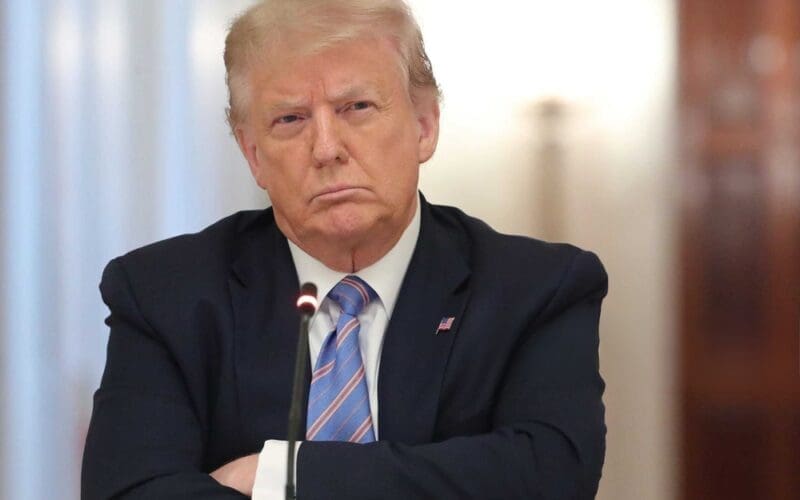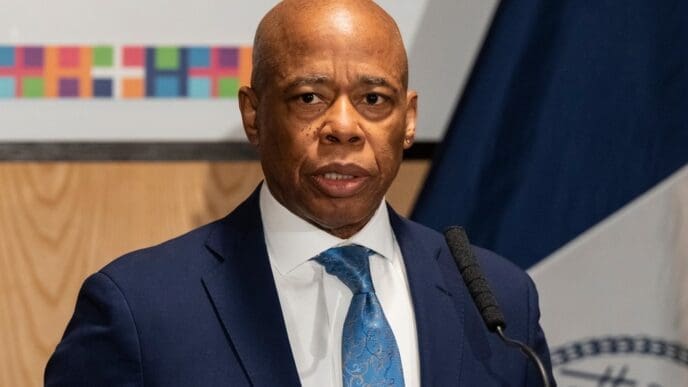President Joe Biden is set to depart for Angola, marking his first visit to Africa as part of a strategic move to enhance U.S. influence in the region amid China’s growing presence.
This three-day visit to Angola, occurring at the close of Biden’s presidency, represents a significant effort to reinforce U.S. ties with a key African partner. As President-elect Donald Trump prepares to assume office, Biden looks to solidify relationships that may counterbalance prior negative remarks Trump made about African countries during his first term.
Biden’s landing in Angola signifies a landmark event, as it will be the first visit by a sitting American president to the nation. The visit also marks the return of a U.S. president to sub-Saharan Africa since Barack Obama’s 2015 visit to Kenya and Ethiopia. This trip underscores Biden’s commitment to fostering stronger alliances with African nations, particularly those like Angola with whom the U.S. has strategic interests.
Central to this initiative is the Lobito Corridor, an extensive railway project supported by the U.S. and European allies. This project aims to streamline the transportation of critical minerals from inner Africa to the coastal city of Lobito for global export. Such investments are part of the Biden administration’s broader strategy to rival China’s longstanding influence in African infrastructure. Over the past decade, China’s Belt and Road Initiative has funneled substantial investments into African infrastructure, with President Xi Jinping recently offering $50 billion in financial and military aid to the continent.
In addition to China, Russia has been expanding its presence in Africa, presenting another diplomatic challenge. The head of U.S. Africa Command warned Congress of Russia’s intensified efforts to gain a foothold in Africa. However, Biden’s administration seeks to offer African nations investment alternatives that emphasize higher standards and ethical considerations unlike those associated with Chinese investments.
During his tenure, Biden has attempted to shift U.S. policy in Africa from one of aid to one focused on targeted investments. His administration believes that these initiatives, particularly the Lobito Corridor, will persist beyond his presidency. Angola is seen as a crucial partner in economic, technological, and scientific collaborations. The country has also played a mediating role in regional conflicts, such as those in the eastern Democratic Republic of Congo.
In 2023, Biden invited Angolan President João Lourenço to the White House, highlighting mutual interests in infrastructure and renewable energy projects. Biden asserts, ‘A partnership between Angola and America is more important and more impactful.’
As his visit unfolds, Biden plans to announce new health, agribusiness, and cultural preservation initiatives, including backing Angola’s bid for the Kwanza Corridor’s recognition as a UNESCO World Heritage Site. Although it remains uncertain if this will be Biden’s final overseas trip as president, it follows his recent participation in influential summits in Brazil and Peru, where Trump’s growing political influence was already noted.
Angolan President Lourenço has expressed a readiness to work with the incoming U.S. administration, recognizing the cyclical nature of political change in democracies. Lourenço stated, ‘It’s something normal in democracy. Powers come and go.’
President Biden’s visit to Angola signifies a strategic endeavor to reaffirm the United States’ position and influence in Africa amid increasing global competition. This trip not only aims to solidify economic partnerships but also reaffirms a commitment to maintaining strong diplomatic ties with the continent.
Source: CNN














